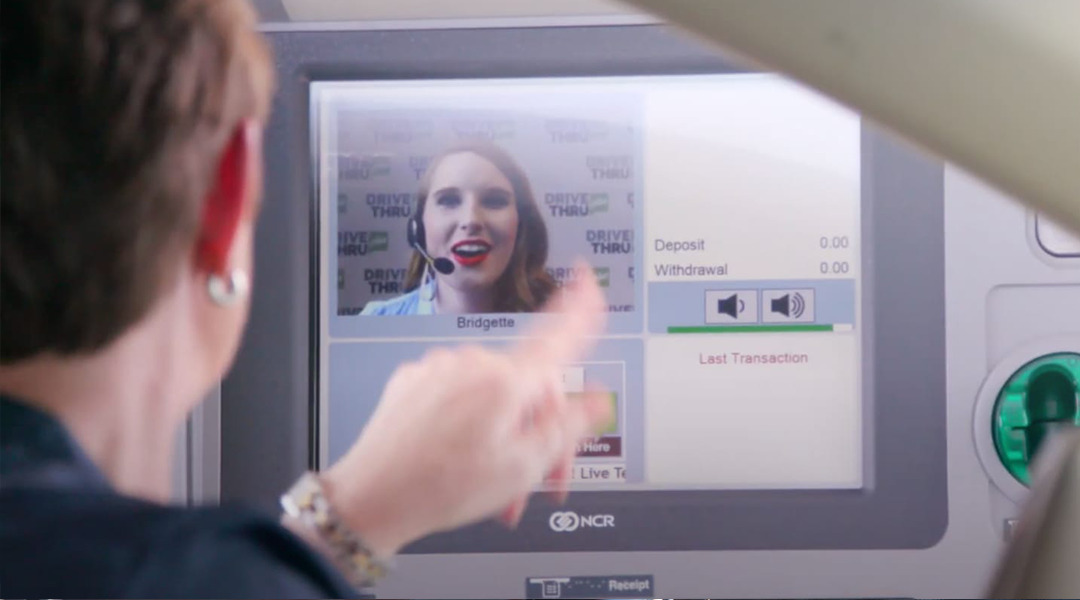- Personal
- Business
Introducing Tap to Pay for iPhone
Tap to Pay on iPhone with Autobooks lets you accept in-person, contactless payments on your iPhone — directly inside our mobile banking app. No extras needed.
Discover Tap to Pay- Mortgage
Mortgage- Purchase
- Apply Online
- Refinance
- Apply Online
Home Improvement Loans
Transform your house into your dream home with a home improvement loan.
Learn More- Wealth
Wealth Management- Explore
- Comprehensive Service
- Find an Advisor
- Investments are not insured by the FDIC; are not deposits; and may lose value.
- Manage
- Access LPL Account View
- Perspectives
- Locations
 DRIVE THRU plus
DRIVE THRU plusOpen 12 hours a day, six days a week. (Yes, even on Saturday).
Discover DRIVE THRU plusNon-Sufficient Fund and Overdraft Fees
Non-sufficient fund fees, more commonly known as NSF fees, are charged when your checking account does not have enough money for a purchase or payment you try to make. This purchase or payment could be with a debit card or a check, and rather than allowing the purchase to go through; the bank will reject it and charge you a fee. This is also known as a returned item fee.
Overdraft fees are similar, but they occur when the bank allows a transaction to go through, despite your account balance not being sufficient to cover it. It is like an emergency short-term loan from the bank, and it comes at a cost. The bank will charge you the overdraft fee, plus you have to pay the deficit balance. Overdraft fees and the deficit balance are taken out of the first deposit you make after the overdraft occurs.
Both types of fees can be costly, coming in as high as $35 each. These charges can add up, especially if you overdraft your account frequently. Also, consider that when your account has a low balance is probably the worst time for you to have to pay an unexpected fee. That is why it is so important to understand what you can do to avoid these situations.
Best practices to avoid NSF and overdraft fees
- Use direct deposit if your employer offers it as a way of getting your paychecks into your checking account faster. That way, you are less likely to be in a situation where you overdraft your account because you have not had time to deposit your paycheck yet.
- Keep track of the balance in your checking account. It may seem old-fashioned to keep a checkbook register, but this is the best way for you to know exactly how much money you have available at any given time. It can take several days for electronic bill pay withdrawals to go through, and even longer for paper checks to clear. Note them in your checkbook register, along with ATM withdrawals and debit card transactions. Then check your balance before making a purchase or writing a check to ensure you have enough money to cover it.
- Opt out of courtesy overdraft protection and instead have your bank link your checking account to a savings account you have at the bank. Then rather than paying the difference and charging you a hefty fee, your bank will transfer money from your savings account to your checking account to cover the purchase and charge you a smaller fee.
- Do not use your debit card to rent a car, buy gas, or check into a hotel. Each of these merchants will often place a hold on your account for an amount far larger than you actually end up spending. The hold may cause you to overdraw your account accidentally because you were not aware that the money on hold was unavailable to spend.
- Keep a buffer in your checking account all the time. Even just keeping a minimum $100 account balance will prevent you from triggering an overdraft when you spend a little more than you planned. Just be sure to think of the last $100 as unavailable. Quickly deposit money to get back up to $100 if your balance drops below that amount.
- Set up an alert so your bank will notify you if your checking account balance falls below a specified amount. If you receive the notifications on your phone, you can instantly adjust your spending to avoid making an overdraft on your account and incurring a fee.
- Carefully manage joint accounts and consider separate accounts if you cannot coordinate your spending habits. If one of you is making purchases the other does not know about, this could easily lead to triggering an overdraft. Unless you can agree on how to track your purchases and maintain clear communication about the joint account balance and scheduled payments, you may be better off with separate accounts.
- If you do trigger an overdraft, deposit money into your account as soon as possible to pay the fee and get a positive balance again. Some banks may charge you an additional fee for each day your balance is negative, or another large fee if your account has a negative balance for several days in a row after an overdraft.
Advice
Our experts have a wealth of information on a variety of topics to benefit your financial health.
Workplace Finances
Retirement Planning
Identity Protection
Home Ownership
Paying For College
Family Finances
Confidential and sensitive information such as account numbers should not be communicated via email. - Mortgage
 At Your Service
At Your Service